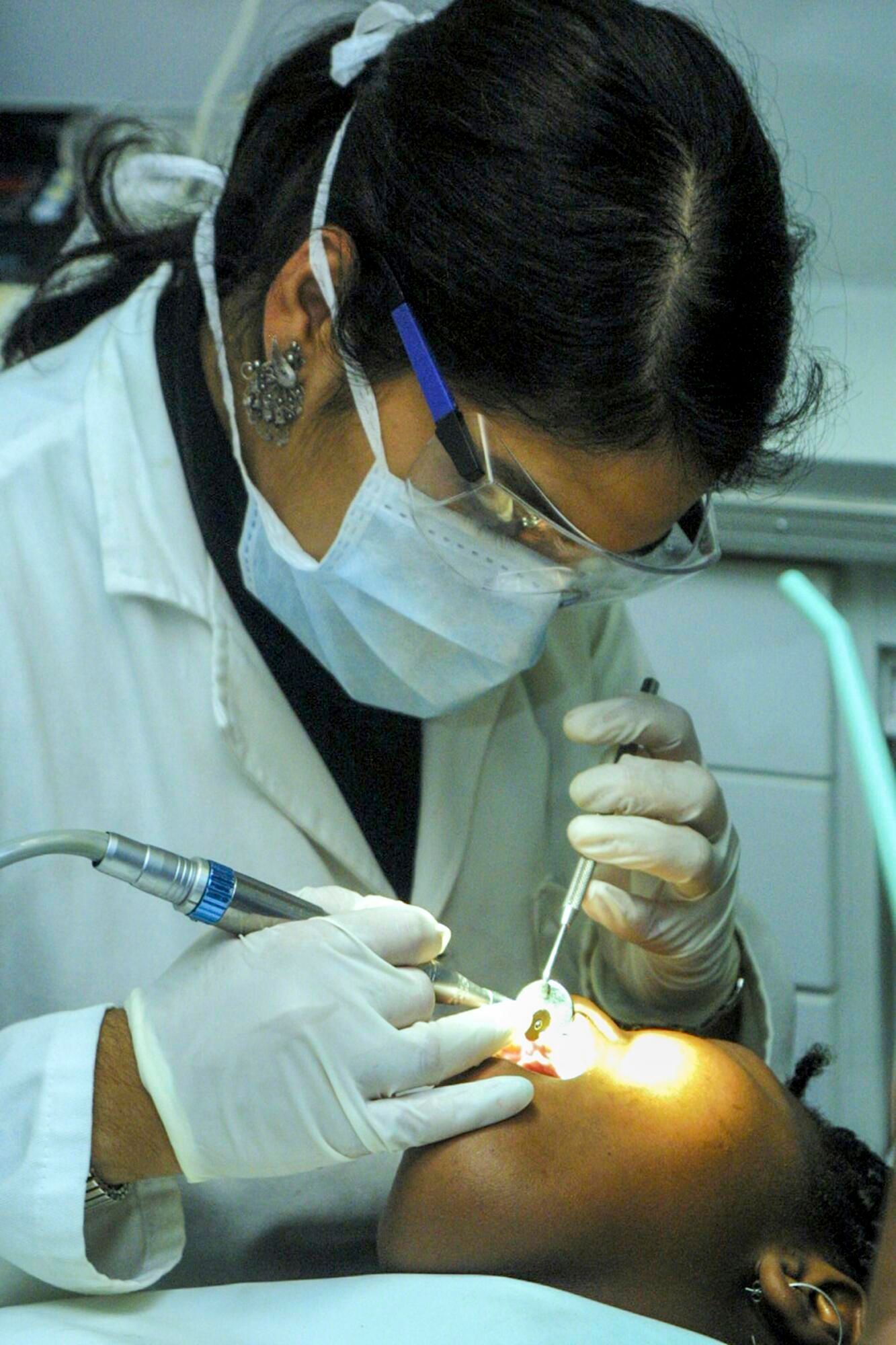Did you know that there are more than 9,000 oral surgeons in the United States alone? Oral surgery is a serious procedure and it can address a wide variety of different dental health concerns. For that reason, there are also many different types of oral surgery that can fix all sorts of different issues that not only affect the mouth but also the upper and lower jaw.
If you need to get oral surgery from your oral surgeon in Lutz FL, you might be wondering what you should expect. After all, what is oral surgery exactly and what might the procedure be like? What is the recovery timeline like?
Keep reading and learn more about this procedure and its variations below.
What You Need to Know About Oral Surgery
Oral surgery can involve a variety of different portions of your mouth and jaw. For example, it may involve your teeth, gums, and bones. There are some relatively simple types of oral surgery like dental implants and wisdom tooth extractions that are performed on a regular basis.
There are also much more complicated oral surgeries that may aim to change the shape of the jaw or another oral structure. This kind of surgery is less common and is often done if a person has some kind of bone deformity or if their bones have been dislodged or injured due to an accident or other injury.
For example, if a person is born with a severe underbite that makes it difficult for the person to eat or speak, or if it causes the person pain, oral surgery may be a good option.
But what should you expect from oral surgery? It all depends on the type of oral surgery you get. For example, if you get dental implants, your dentist will need to drill a hole in your jawbone before implanting a small metal rod to act as a tooth root for your replacement tooth.
The Details
A fake crown that looks like a real tooth will be mounted on this post so that it blends in with the rest of your real teeth. In the case of a tooth extraction, your dentist will make you as comfortable as possible in order to remove a tooth such as a wisdom tooth or an infected or damaged tooth. But what if your jaw bones need to be operated on?
This is a more invasive and intense surgery which is usually only done by very skilled and experienced oral surgeons. This type of surgery may involve adding portions of bone to the jaw, shaving off portions of the bone, shifting the bones, and so on. Moving the bones in this way and then allowing the bones to heal in their new positions will allow the jaw to take on a new and more beneficial form.
Also, since this is such an invasive type of surgery, it will usually come with quite an extensive recovery timeline since your bones will have to heal and reform.
What to Expect During and After Oral Surgery
A lot of people believe that oral surgery in Lutz FL will be incredibly painful but this is not the case. This is because oral surgery, as long as it is done by a good surgeon, will involve sedation of some kind. If the oral surgery is a relatively simple procedure, your dentist may only use a moderate sedative on you.
This will not only numb the treatment area but will also relax you so you won't really be aware of what's happening during the surgery. Even if you are aware of the surgery, you will be too relaxed to care. However, in the case of a more intense operation, your dentist will most likely use general anesthesia to render you unconscious.
This will make the surgery much easier to perform. Besides that, it will eliminate much of your stress and worry about the procedure. While you are unconscious, you won't be aware of the procedure at all and it will be like you are asleep.
What You Need to Know
You won't feel any pain while you are under anesthesia either. This is usually the case for wisdom tooth extractions and surgeries involving the remolding of the jawbone. After your oral surgery, no matter what kind it is, you will experience pain after the sedation wears off.
This is why you will be prescribed some pain medication for a week or so to help you be more comfortable. During the first week, your mouth will likely be very swollen and tender. You may not even be able to eat solid foods for several weeks as your mouth heals.
This is important because the last thing you want to do is strain your mouth or jaw after going through invasive surgery. After the first week, the swelling and pain will start to go down, although the swelling will likely persist for another week or so before it goes away completely.
After a few weeks, your mouth should be mostly healed and the treatment area should start to look and feel a lot better.
All About Oral Surgery
Oral surgery can be quite an invasive procedure, but it functions to correct a variety of oral pathology problems. For example, oral surgery may involve wisdom teeth removal, the restructuring of bones in the jaw, the addition of dental implants, and so on. It is a dentist's job to make sure that you are as comfortable as possible during these surgeries, no matter how invasive they may be.
To learn more about oral surgery in Lutz FL, contact us here.




